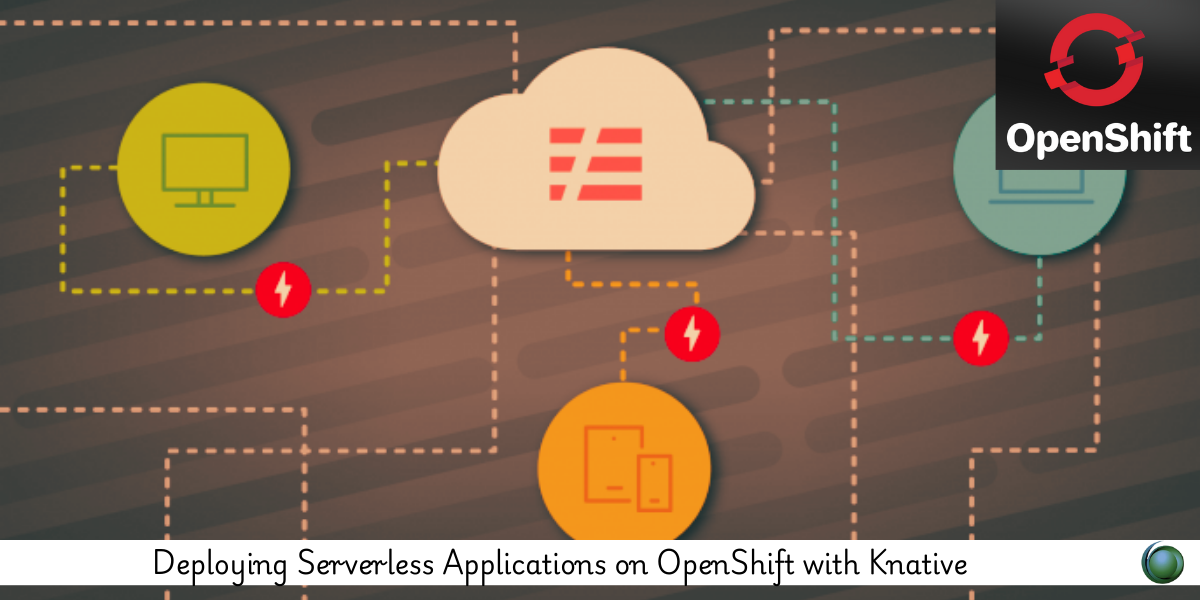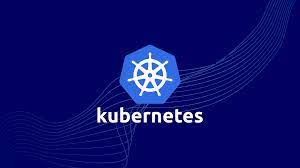Description
Introduction
Serverless computing has revolutionized application development by abstracting infrastructure management, allowing developers to focus purely on code. Knative, a Kubernetes-based framework for serverless applications, provides powerful abstractions for deploying, running, and scaling serverless workloads. By integrating Knative with OpenShift, you can seamlessly manage your serverless applications with the full benefits of OpenShift’s enterprise features. This course walks through deploying and managing serverless applications with Knative on OpenShift, enabling developers and DevOps professionals to take full advantage of this cutting-edge architecture.
Prerequisites
-
Basic understanding of Kubernetes and OpenShift
-
Familiarity with containerized applications
-
Basic knowledge of YAML and Kubernetes resource definitions
-
Familiarity with serverless computing concepts
-
Some experience with OpenShift and Kubernetes commands
Table of Contents
1. Introduction to Serverless Computing
1.1 What is Serverless Computing?
1.2 Benefits of Serverless Architectures
1.3 Introduction to Knative: A Serverless Framework for Kubernetes
2. Setting Up Knative on OpenShift
2.1 Installing Knative on OpenShift
2.2 Configuring OpenShift for Serverless Workloads
2.3 Verifying Knative Installation
3. Core Components of Knative
3.1 Knative Serving
3.2 Knative Eventing
3.3 Knative Build and Deploy
3.4 Knative Autoscaling and Scaling Strategies
4. Building Serverless Applications with Knative
4.1 Developing Serverless Applications with Knative Serving
4.2 Creating and Deploying Functions with Knative
4.3 Understanding Knative Revisions, Routes, and Configurations
5. Event-Driven Serverless Applications with Knative Eventing
5.1 Introduction to Event-Driven Architectures
5.2 Setting Up Event Sources and Triggers
5.3 Connecting Applications with Knative Eventing
6. Autoscaling and Scaling Strategies for Serverless Applications
6.1 Horizontal Pod Autoscaling with Knative
6.2 Managing Traffic and Load Balancing
6.3 Configuring Resource Limits and Requests
7. Managing Serverless Applications with OpenShift
7.1 Monitoring Serverless Applications with OpenShift Metrics
7.2 Logging and Troubleshooting Serverless Workloads
7.3 Securing Serverless Applications in OpenShift
8. Advanced Knative Features
8.1 Canary Releases and Rollbacks in Knative
8.2 Blue-Green Deployments with Knative
8.3 Multi-Cluster and Multi-Region Deployments
9. Integrating Serverless Applications with CI/CD Pipelines
9.1 Automating Serverless Deployments with Jenkins
9.2 GitOps and Serverless Deployments
9.3 Implementing Continuous Delivery for Knative Applications
10. Troubleshooting and Optimizing Serverless Applications
10.1 Identifying and Resolving Common Issues in Serverless Apps
10.2 Optimizing Resource Utilization for Serverless Workloads
10.3 Debugging with Knative and OpenShift Logs
11. Real-World Use Cases of Serverless with Knative
11.1 Serverless Microservices in OpenShift
11.2 Event-Driven Serverless Architectures
11.3 Serverless Applications for Edge Computing
By completing this course, you’ve gained the knowledge and practical experience needed to deploy, manage, and scale serverless applications on OpenShift using Knative. You now have the tools to build highly scalable, event-driven applications that automatically scale based on demand, with the power of OpenShift and Knative to manage and monitor your serverless workloads effectively. This course prepares you for the future of cloud-native application architectures, combining the benefits of serverless with the power and flexibility of Kubernetes and OpenShift.







Reviews
There are no reviews yet.